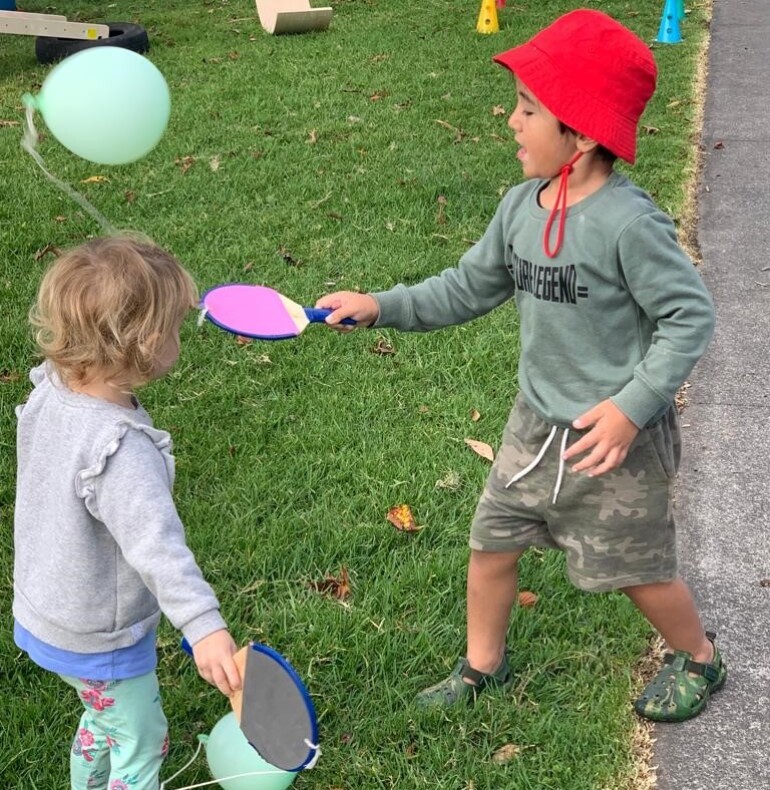News And Events

Foundation Skills for Learning
16 April 2023Foundation Skills for Learning refers to the foundational skills that are essential for children’s development before they begin to read, write and learn mathematics. Foundation skills cover fine and gross motor skills, speaking, seeing, and hearing skills and competencies like giving things a go and being curious. These skills begin to develop at birth and continue to develop as children reach school age.
In the preschool years, foundation skills are acquired through play. Play is one of the most important ways in which children gain essential knowledge and skills. Children learn as they play but most importantly, in play, children learn how to learn. Researchers and theorists agree that the key characteristics of playful experiences involve joyful, meaningful and engaging interactions.
When children are engaged meaningfully in play, they acquire the foundation skills that are needed for lifelong learning. In particular, through daily interactions and play children develop key competencies (also known as dispositions). Learning dispositions are characteristics or attitudes to learning, and are about children learning how to learn rather than what to learn. The five learning dispositions in early childhood education are courage, trust, perseverance, confidence and responsibility:
Courage and Curiosity - being brave, taking an interest, exploring, trying, being curious.
Trust (and playfulness) – being involved, being trustworthy, respectfulness, being playful, creating your own open-ended play, being imaginative, feeling comfortable and a sense of belonging.
Perseverance – not giving up, persisting with difficulty, challenge and uncertainty, concentrating, working hard.
Confidence – expressing an idea or feeling – communicating both verbally and non-verbally, listening to others, making friends, “I hear you”, acknowledging feelings, thoughts and ideas as being valid, asking for help.
Responsibility (for justice and fairness, and the disposition to take on another point of view) – all by yourself, turn taking/sharing, kindness, empathy, understanding actions and consequences, being responsible, helping out and helping others.
As Te Whāriki summarises, “dispositions to learn develop when children are immersed in an environment that is characterised by well-being and trust, belonging and purposeful activity, contributing and collaborating, communicating and representing, and exploring and guided participation.”


